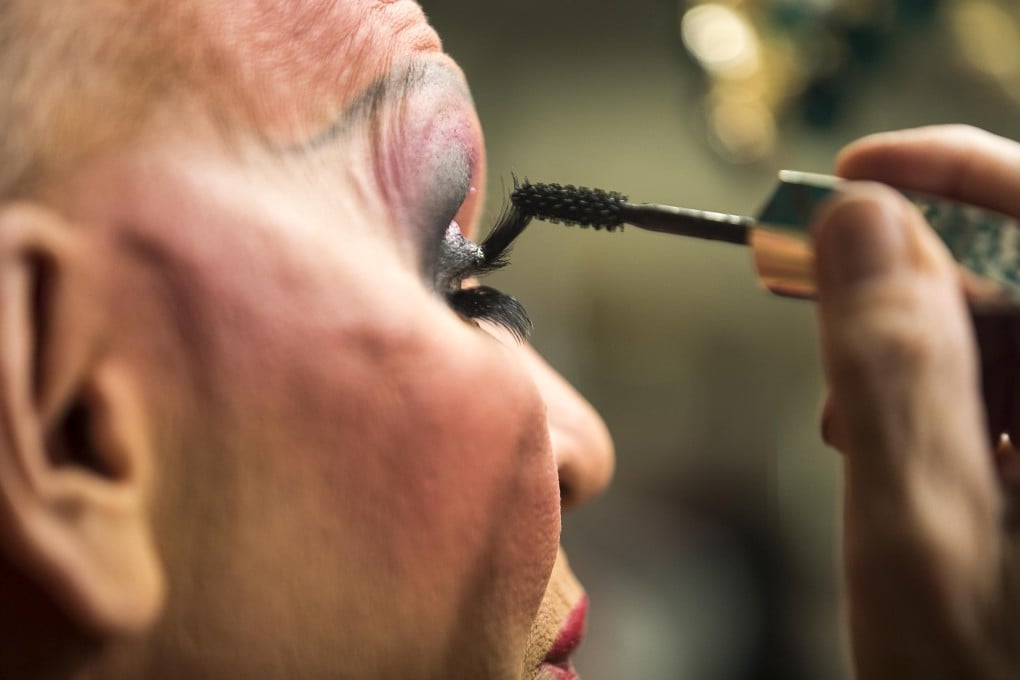Drag queen Mr Charlie Brown on a life of performing, making people laugh and mascara
- Iconic American drag queen Mr Charlie Brown has been thrilling audiences for almost five decades, from Atlanta to Amsterdam
- At the age of 69, the man behind the glamour, Charles Dillard, is one of the most well-known drag performers in the US city

Each Friday and Saturday night in the small dressing room behind the stage of Lips Atlanta, Charles Dillard begins the transformation he has performed for almost 50 years.
The wig is usually short. The dress, often with sequins, reveals lots of cleavage. The jewellery is rhinestones, the bigger the better. Pencilled-in brows with a sky-high arch replace the ones that no longer grow back. A glittery pink semicircle of eyeshadow hovers above lashes heavily coated in mascara. With a generous swoosh of pink blush and a coating of pink lipstick, Mr Charlie Brown is ready to take the stage.
It’s the fifth anniversary of Lips Atlanta, the drag dining club in the American state of Georgia, and Dillard is one of the original MCs. At 69, he is also one of the most well-known and longest-performing drag queens in Atlanta.
His career has taken him all over the world, granted him entry into the television and film industry – he recently shot a scene as himself in the forthcoming film Limited Partners starring Tiffany Haddish and Salma Hayek – and it has allowed him to make a living doing the thing he loves the most, making people laugh. Those who know him best describe him as supremely witty and one of those people who has no idea how many lives he has touched.
“The best thing about my career is I am entertaining. I am making people laugh. In five years, I hope to be right here,” says Dillard on a recent afternoon seated at a booth in Lips Atlanta. “If you can’t laugh at a 69-year-old fat, baldheaded man in a dress, you don’t have any business here after dark.”